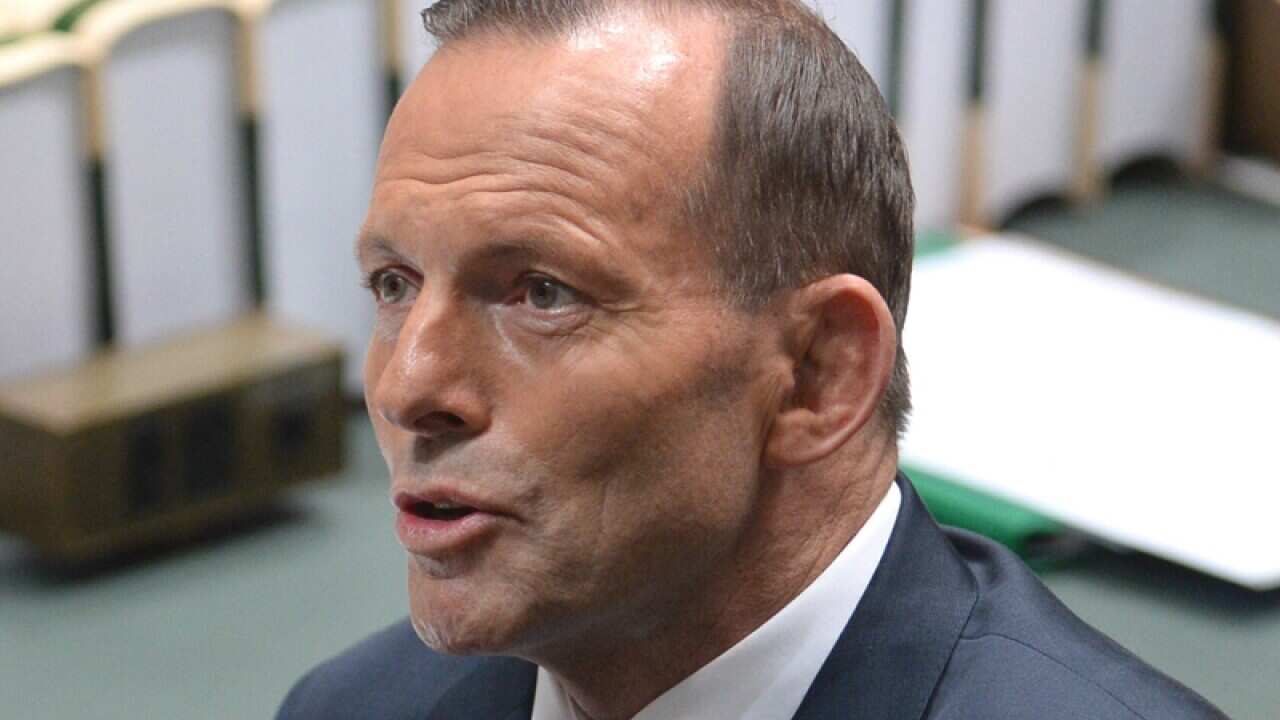Political discourse has come down to pretending that euphemisms aren't covered by promises.
That seemed to be the core of Tony Abbott's defence as he faced sustained question time grilling about his now famous election-eve interview on SBS.
That was when - quite unnecessarily because the election was in the bag - he promised no cuts to all sorts of worthy things, including the ABC and SBS.
When Bill Shorten opened the attack, Abbott's defence was along the lines of "fundamentally" keeping faith with the people because he'd delivered on core promises of ending the carbon tax, stopping the boats, building roads, and fixing the budget.
Beware, by the way, that slippery word "fundamentally".
Shorten persisted. Was Abbott denying he'd made those no-cut promises.
The PM was denying nothing, admitting nothing. Instead he argued that the ABC could hardly expect to be exempt from the efficiency dividend that was being applied to everyone else.
It was only a matter of time before the dreaded ED, for nearly 30 years the favoured way of cutting spending without actually saying so, got into the act; and never mind that it's a blunt and lazy way to reduce spending.
Abbott continued with this line.
He never promised special treatment for the ABC and SBS, he told Tanya Plibersek. What's happened is "effectively" (another slippery word) the application of the efficiency dividend.
Or, back with Shorten, everyone knew an efficiency dividend would be applied across government.
Eventually, having failed to get Abbott to admit anything, Shorten turned to the censure option, which gave him 10 minutes to pull his arguments together.
He started quite reasonably, saying Abbott had run "all sorts of disingenuous, dishonest defences".
But he soon got a bit carried away, with Abbott engaging in an extremist, ruthless, right wing campaign to silence the ABC. The PM was also seeking to lay waste to the moral basis of pluralism and democracy.
Jason Clare followed up with "Put him (Abbott) on a lie detector and it would blow up", which sounded less than spontaneous.
Not that Christopher Pyne, counter-attacking for the government, was a model of restraint.
He said "Bill the Knife", who stabbed two Labor PMs in the back, came from one of the most rotten governments in Australian history.
By the time of the vote, seven Labor MPs had been kicked out, which made the government's majority even more overwhelming than usual.
But Labor, which had made its point about broken promises, should be happy.

